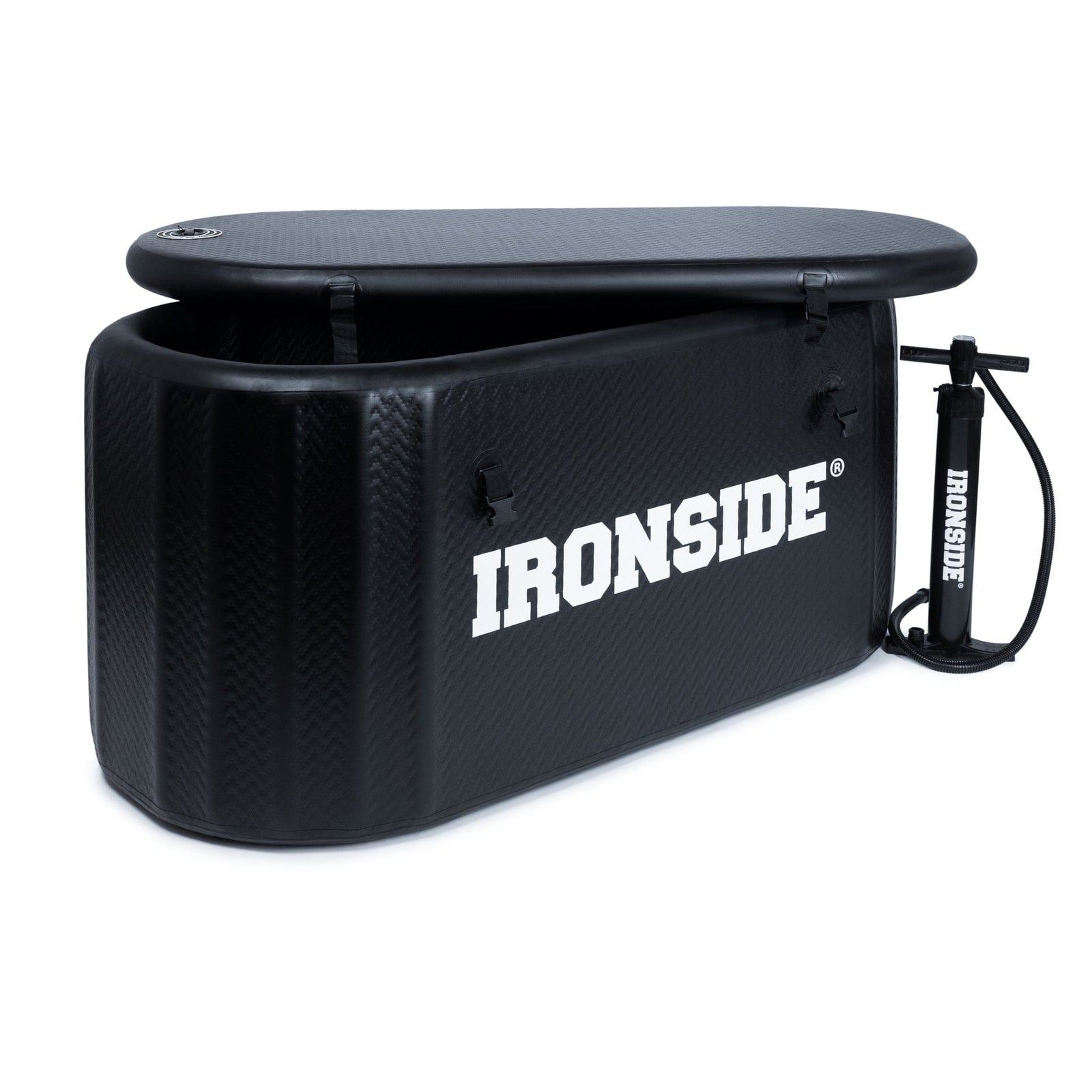Nutrition & Recovery: How to Bounce Back After a Tough Week at the Gym
Introduction: Recovery Is Where the Progress Happens
Crushing workouts day after day is key to building strength, endurance, and athletic performance — but here’s the truth most people forget: real progress doesn’t happen in the gym, it happens during recovery. After an intense week of training, your body is in a state of repair, adaptation, and rebuilding. If you skip or neglect recovery, you risk hitting a plateau, dealing with constant fatigue, or worse, getting injured.
In this guide, we’ll break down practical and easy-to-apply strategies to speed up recovery, optimise nutrition, and feel strong for your next training block.
1. Prioritise Sleep – The Foundation of Recovery
Sleep is the most powerful recovery tool you have — and it’s completely free. During deep sleep, your body releases growth hormone, repairs muscle tissue, and restores energy systems. If you’re training hard, aim for 7.5 to 9 hours of quality sleep per night.
Tips for Better Sleep:
- Stick to a consistent sleep schedule — even on weekends.
- Limit screens and bright light at least 60 minutes before bed.
- Create a dark, cool, and quiet environment to improve sleep quality.
- Avoid heavy meals, caffeine, and alcohol late in the evening.
Remember: if you’re not sleeping well, even the best nutrition and supplements won’t help your recovery.
2. Refuel With the Right Nutrition
After a demanding week of training, your muscles are depleted of glycogen (stored carbohydrates), slightly damaged, and ready to rebuild stronger — but they need the right fuel. Proper nutrition can drastically shorten recovery time and improve how you feel heading into the next week.
Focus on These Key Nutrients:
- Protein: Essential for muscle repair. Aim for 1.6–2.2 g of protein per kilogram of body weight daily. Prioritise lean sources like chicken, eggs, fish, tofu, or Greek yogurt.
- Carbohydrates: Refill glycogen stores with quality carbs like oats, rice, sweet potatoes, or quinoa. This will restore energy levels and improve performance.
- Healthy fats: Support hormone production and reduce inflammation. Include avocados, olive oil, nuts, and fatty fish.
- Micronutrients: Vitamins and minerals like magnesium, zinc, and vitamin C are crucial for recovery. Eat plenty of colourful fruits and vegetables.
Bonus Tip: Post-Workout Meal Timing
After your final session of the week, try to eat a balanced meal containing protein and carbs within 60–90 minutes. This helps jump-start muscle repair and replenishes energy stores more efficiently.
3. Hydration – The Overlooked Recovery Tool
Dehydration slows down every recovery process — from muscle repair to nutrient transport. Even a 2% drop in hydration can affect performance and prolong fatigue. Make hydration a daily habit, not just something you do during workouts.
Hydration Checklist:
- Drink 30–40 ml of water per kilogram of body weight per day.
- Add electrolytes if you sweat heavily or train in hot conditions.
- Monitor urine colour — pale yellow is a sign you’re well hydrated.
4. Use Active Recovery, Not Just Rest
Recovery doesn’t always mean lying on the couch. In fact, active recovery — light movement that increases blood flow — can help muscles recover faster by delivering oxygen and nutrients where they’re needed.
Great Active Recovery Options:
- 30–40 minutes of low-intensity cardio (walking, cycling, or swimming).
- Mobility sessions and stretching routines.
- Yoga or breathwork to support circulation and reduce muscle tension.
Aim for one or two active recovery days per week, especially after a tough training block.
5. Listen to Your Body and Adjust
One of the biggest mistakes athletes make is ignoring warning signs of overtraining. If you’re feeling unusually sore, exhausted, unmotivated, or your performance is dropping, your body might be telling you to back off and recover more.
Incorporating a deload week — a week of lower training volume or intensity — every 4–6 weeks can help your body adapt and come back stronger.
Conclusion: Recovery Is Part of Training
The most successful athletes know that recovery isn’t optional — it’s a vital part of the training process. Sleep, nutrition, hydration, active recovery, and listening to your body all work together to build strength, prevent injuries, and keep your progress consistent.
So the next time you finish a tough week at the gym, remember: how you recover determines how strong you’ll come back.


